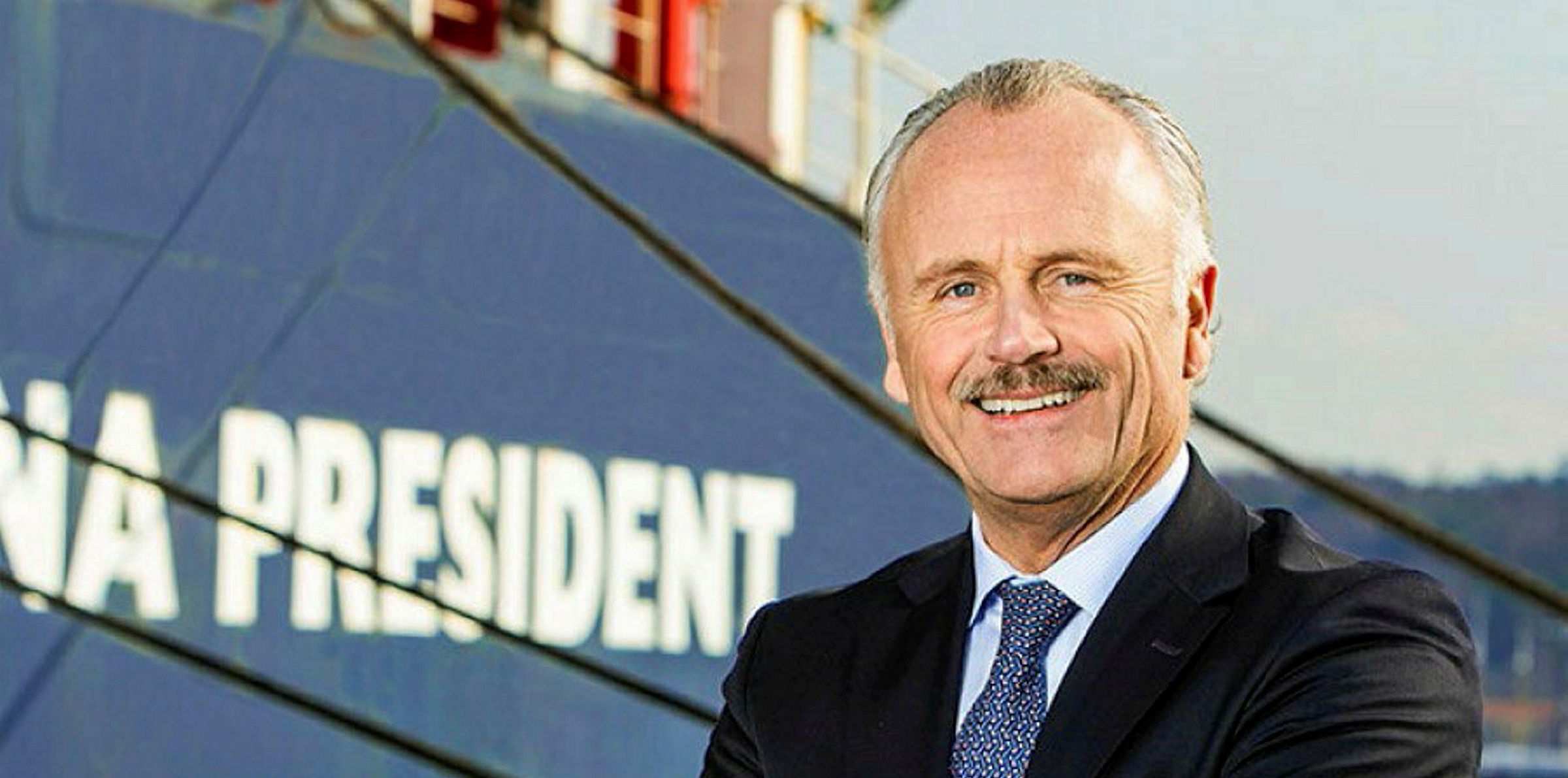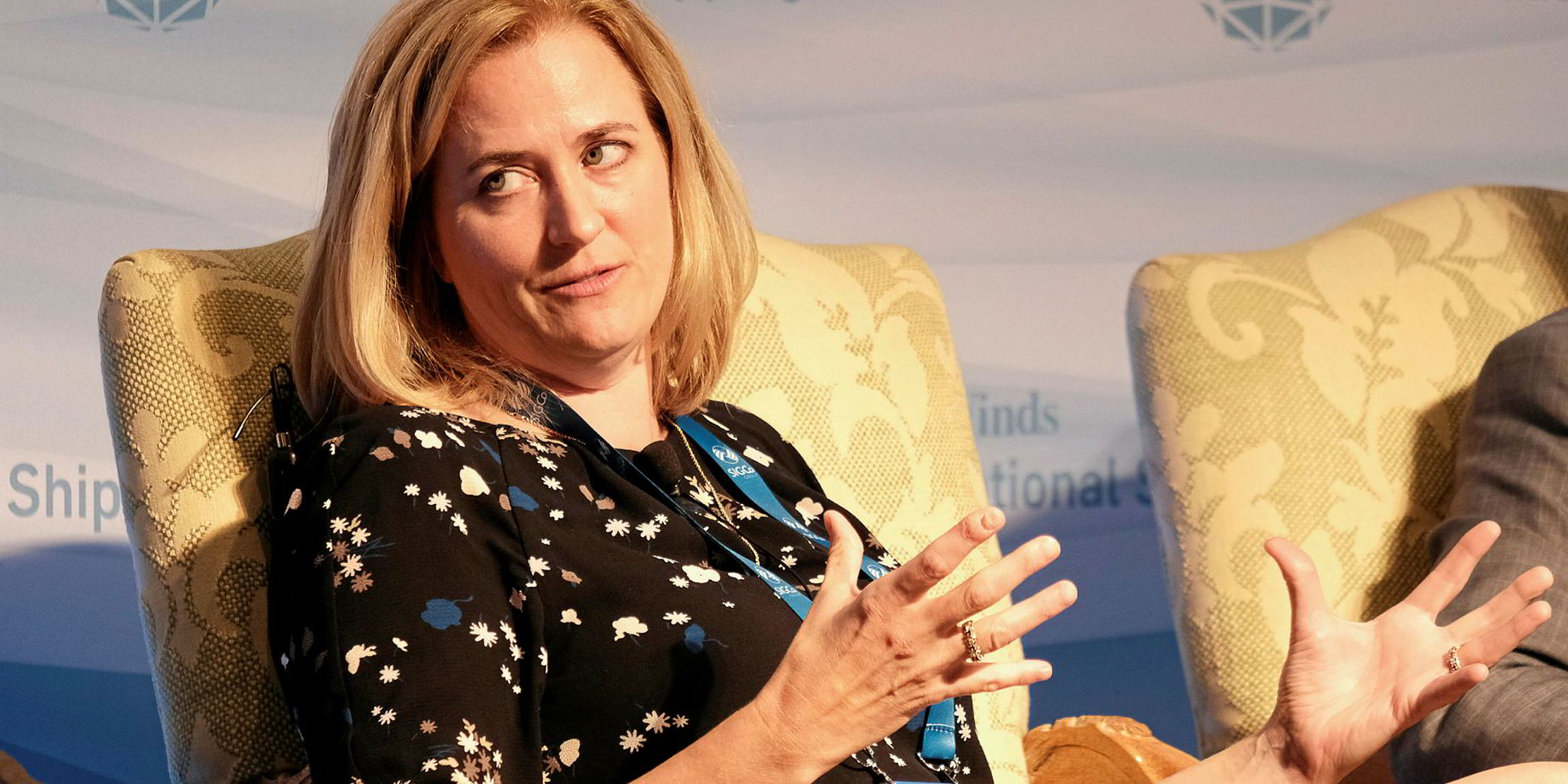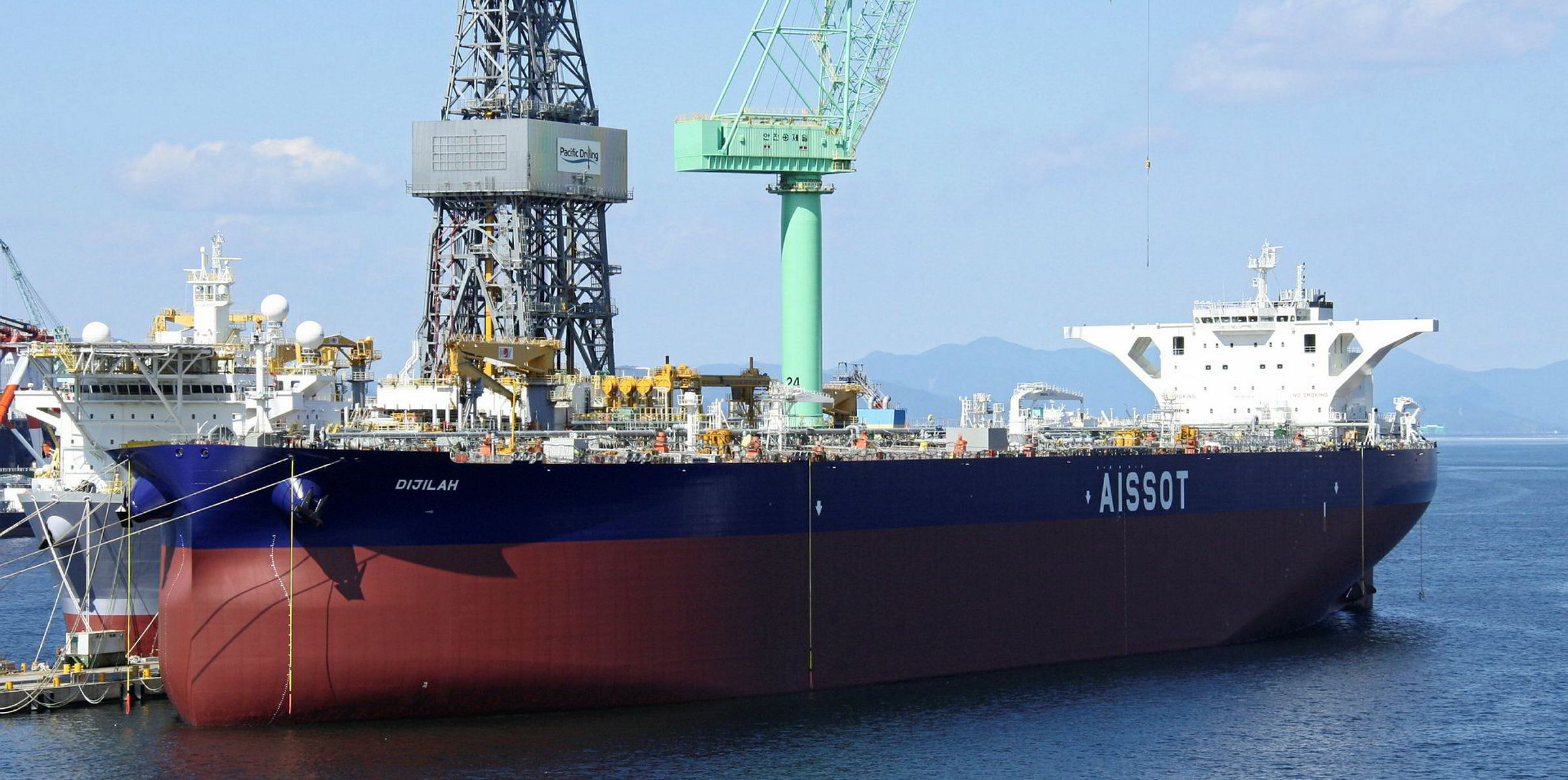Stena-controlled Concordia Maritime has revealed a muted outlook for product tankers for the rest of 2020.
The Denmark-based tanker owner reported net earnings of SEK 28.3m ($3.26m) in an "extremely volatile" second quarter, against a loss of SEK 39.2m in the same period of 2019.
Revenue rose to SEK 300.7m against SEK 252.7m, while the first half saw the company amass a profit of SEK 57.3m, from a loss of SEK 37.5m a year ago.
President Kim Ullman said the second three months were characterised by a very strong start, followed by a considerably weaker end.
A record low oil price initially contributed to a sharp increase in oil trade, despite the significant decline in actual oil consumption as a result of the new coronavirus, he added.
During April and early May, the extensive trade resulted in significant stock accumulation, which contributed to a strong tanker market with high rates.
But in the latter part of the quarter, production cuts caused the market to weaken sharply, with falling rates as a result, he added.
"Since the lows we saw in April, oil consumption has now increased again, which, in combination with production cuts, has resulted in stock withdrawals and declining stock levels," Ullman added.
"In terms of tanker market development in the longer term, this trend is both necessary and good."
Ullman said that for the remainder of 2020, he expects the combination of reduced (although gradually rising) oil production, stock withdrawals in consuming countries and reduced refinery volumes to result in a continuation of subdued demand for tanker transport – which in turn will result in lower rates than in the first half of the year.
Shipyard stays beckon
"For our own part, a period of increased maintenance also awaits," he added.
Over the next 12 months, eight of the vessels in the fleet will go into drydock and ballast water treatment systems installation.
But there is hope next year.
"Predicting development of demand for tanker transport in 2021 is of course difficult, but we believe that gradual easing of restrictions, restarting of economies, massive support programmes and normalised stock levels will contribute to a faster return to the “pre-corona” situation than many people first thought – and this applies both to oil consumption and demand for tanker transport," the boss said.
He pointed to the EIA’s current assessment that oil consumption will be back at 2019 levels as early as 2021.
And at the end of July 2020, the orderbook for the product tanker segment was at a record low of about 6% of the total tanker fleet – almost half of the average for the last ten years.
"In the current situation, virtually no new orders are being placed either, which guarantees that the low growth rate will be gradually extended," Ullman said.
Spot market earnings for the product tanker fleet in the second quarter were $18,500 per day, which was lower than the average earnings of $26,700 per day for the market.
Earnings for the suezmax fleet were $47,900 per day, compared with average earnings of $47,300 for the market in general.





